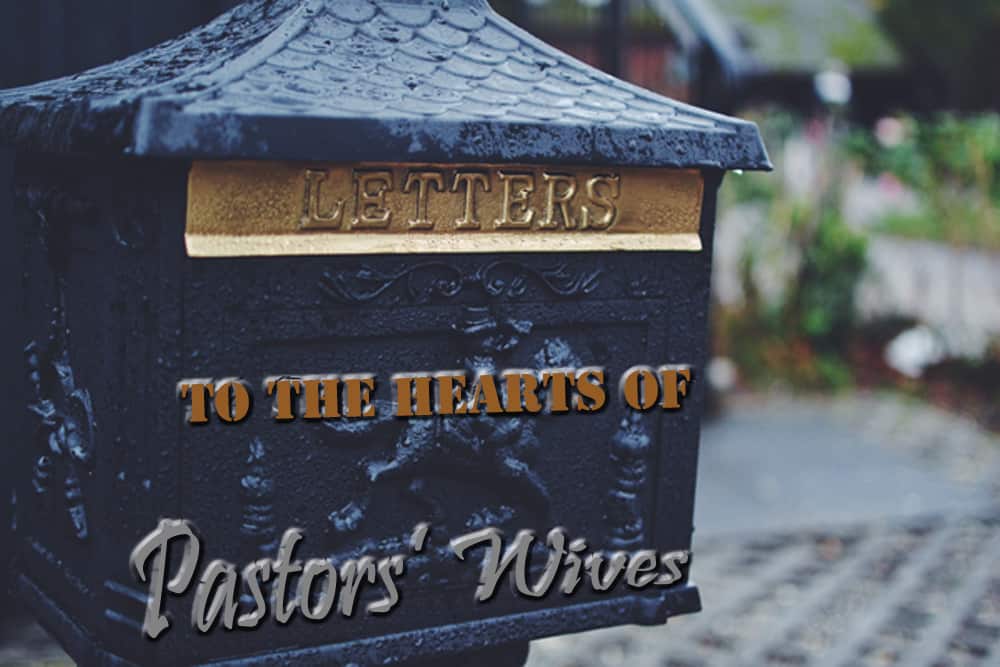⏱️ Estimated Reading Time: 5 min read
In the early years after my son’s autism diagnosis, I had to learn many lessons. I had wanted to be the person everyone came to for help, but instead I was the person who needed it. And because I hadn’t let others in to see what life was really like for our family, they didn’t know how to help, or even that we might need help. I also held back from others because I thought to myself, “What if I asked for help and they still didn’t come through?”
We had already moved far away from my husband’s family and the support system we had enjoyed through our years in seminary. And although I had thrown myself into using my gifts as a teacher and writer for a time, my focus had to shift from the women of our church to finding out what my son needed. In 2010, he was diagnosed with autism. He is considered non-verbal and will need our attention and care for the rest of his life. It became clear we needed to reach out to our church family for help.
The Vulnerability of Asking for Help
Erin Davis writes in her book, Connected, “If you’re going to get connected, you’re going to have to make peace with messy relationships. You’re going to have to be okay with letting others in when you are at your worst and your life is a total train wreck. You also must be willing to turn the tables. When other people’s lives are messy, you can’t turn a blind eye or offer cheap words of comfort. You must willingly walk into the mess, even if they’re hiding, and bear the bad stuff together.”
This was valuable but very hard advice for me as a pastor’s wife, but resulted in me learning to be more honest with my friends. When our family went through another hard time, our church family was ready and willing to help. They offered to stop at the grocery store for me, they brought over meals they knew we loved, and they helped lighten the ministry load for my husband so he could focus on our family. It took work on my part and their part but they were willing to help us.
We moved to Texas a few years ago, and I brought the lessons I had learned with me. Erin Davis also warns that it isn’t healthy when those closest to you never see you without your mask—the mask that always communicates “I’m fine” no matter what’s really happening. So at this church I’ve kept that mask off. When my husband Lee went on a ten-day mission trip to Bulgaria in the middle of summer, when my routine-loving son was totally out of his summer routine, I had arranged to have someone from our church family checking on us every single day. Friends dropped off James’s favorite snacks, brought my older son David home from play rehearsal, and left Chick-fil-A gift cards in our mailbox. We felt so loved and supported!
If you are a pastor’s wife struggling to know how to communicate to your church family what support you need, here’s my advice.
- Be honest with yourself about the season of life you’re in and your focus and availability in this season. A mother of toddlers is in a different season than an empty nester. The help you need during that time is different. When the VBS director asks how you’d like to help this year, feel free to say, “If there’s a spot for my two-year-old while I’m teaching the first graders, I’d love to help. But if we don’t have a nursery this year, I need to stay home with her so my husband is available to be there.”
- Don’t hide your struggles. You don’t have to tell everybody everything but invest in a few honest relationships. Your small group or Sunday school class is a good place to start. Or, if possible, connect with the other staff wives.
- If you ask for help and you don’t get it, try not to take that personally. This often happens for us when my husband officiates a wedding and I want to attend with him. I may ask on Facebook if anyone can watch my boys so I can go with him. Crickets. No one offers. It’s not because they don’t like me or my boys, it may simply be because most of them are going to the wedding or they have other weekend plans. If I don’t ask, I’m definitely not going to get any help so it is always worth asking.
- Say yes when help is offered. In our early years, I said “no thank you” to many offers of help. I’m afraid I said no so often, they stopped asking. So now we say yes as often as possible. Someone has extra tomatoes from their garden? We’d love them. They have toys their kids have out grown and want to pass on? Sounds great. And even if you have lots of tomatoes from your own garden or there’s only a couple toys in the box that your kids would actually like, just the practice of saying yes and accepting what is offered helps build relationships with your church family.
You don’t have to feel like the one who’s always giving. There are seasons when you need to be the one receiving help. Being honest and having good communication will help strengthen the relationships between you and your church family so they are eager to step in and help when you need them.



